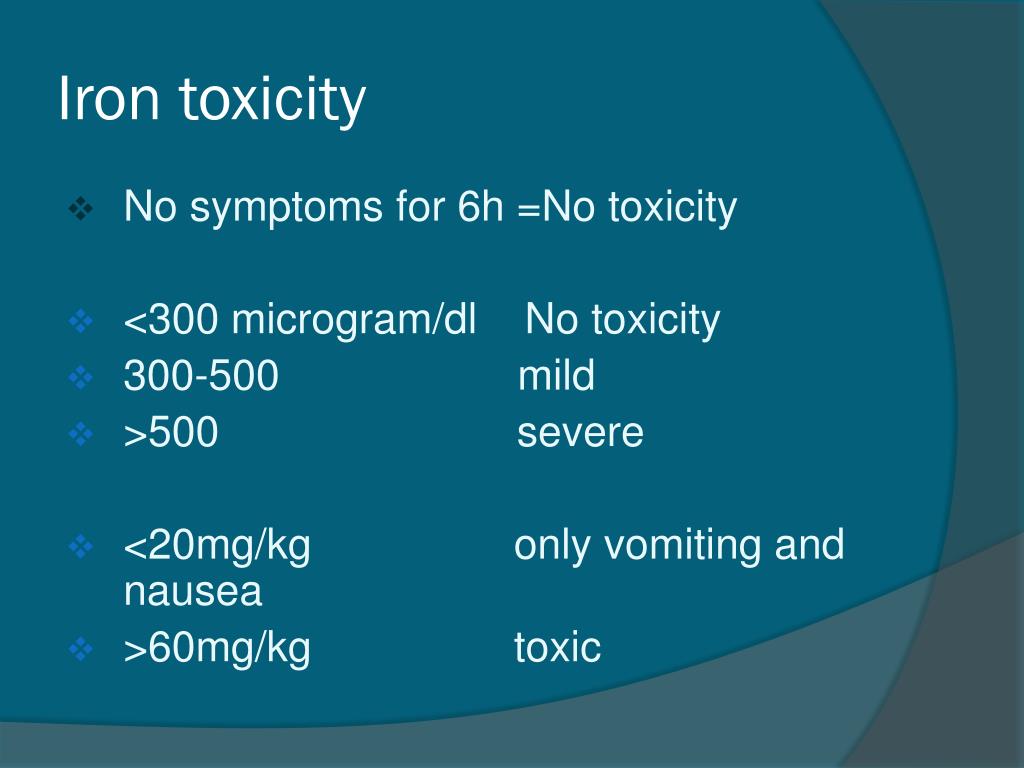
The reason for the efficacy of carnitine in valproate overdose seems to stem from its central role in beta-oxidation of long chain fatty acids (which is the metabolic pathway taken by valproate). Carnitine deficiency is implicated in both, and seems to be caused by chronic valproate administration more so than acute. The most disturbing aspects of valproate toxicity are valproate-induced hyperammonaemic encephalopathy and hepatotoxicity. The supplementation of pyridoxine seems to prevent the worst of isoniazid toxicity (it seems the inhibition of lactate metabolism is not such a big deal). Pyridoxine is a co-factor in the synthesis of GABA isoniazid interferes with this synthesis, and causes seizures in overdose. In the list provided by the college, there are standard drugs which everyone would know the antidotes for, and non-standard ones which may not be totally familiar to people without a toxicology background. Oxygen, potentially even hyperbaric oxygen Methylene blue, vitamin C (ascorbic acid)ĭystonic crisis due to classical antipsychotics These errata are italicised so people can tell which are the "canonical" college answers and which are the fevered rant of a madman.

Some poison-antidote combinations have been added by the author here because they are worth knowing, even if they have never come up in such a question. The table below is not from any specific question - it has been concocted from all previous college answers to questions of this form. The question usually looks something like this: "List an antidote (one (1) drug specific to the agent) in the event of an overdose with each of the agents listed below in the table." A table of toxins is then provided.

It is quick to mark (tick tick tick) and requires little though from the question writers.

Very often the college gets lazy and lists a few toxins, with the intention that the candidates can then write down the matching antidotes.


 0 kommentar(er)
0 kommentar(er)
